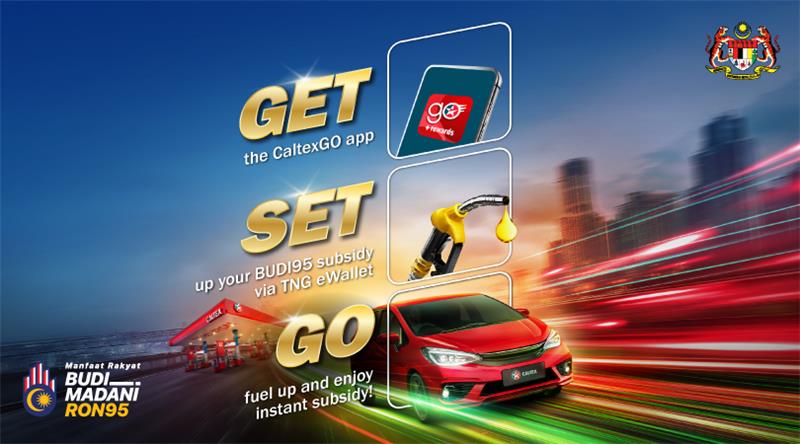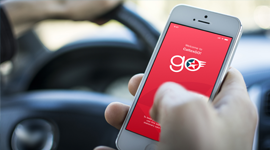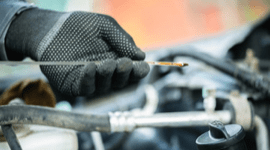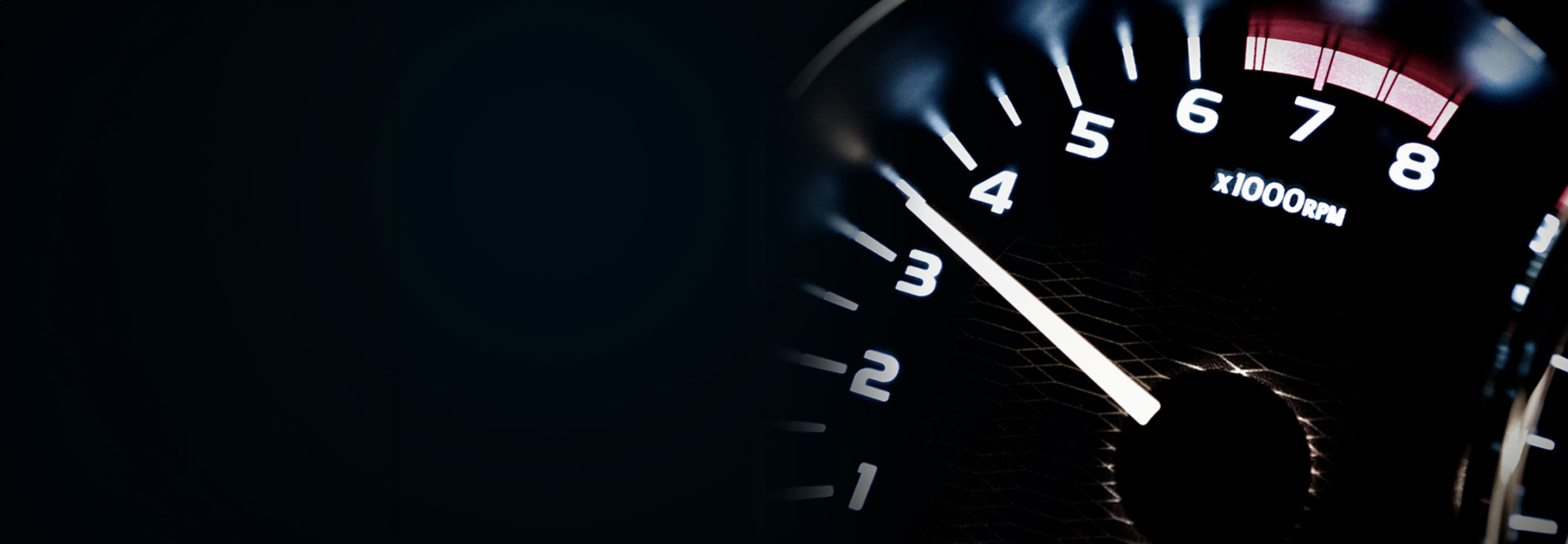Driving and Safety Tips
1. Keep it in Shape
Like any machine, your car needs regular tune-ups. Bring your vehicle to technicians who can handle your sophisticated systems and on-board computers.
2. Watch the Wear
Air-conditioning reduces fuel economy by as much as 0.43 kilometres per litre. Under-inflated types, by as much as 3%.
3. Manage the Tear
Replace spark plugs, timing belts, hoses and filters at proper intervals, with a mechanic who is well-qualified with the latest service bay tools and technology.
4. Inspect Air Filters
Air filters remove debris from the air entering the combustion chamber of the engine. Inspect and replace your air filter at regular intervals to avoid problems.
5. Watch the Dirt
Check your air filter more frequently if you drive on dirt roads or do a lot of stop-and-go driving.
6. Take it Slow
Decreasing your freeway speed to 88.5km/h increases your fuel economy by up to 20%.
7. Moderation is Key
Quick accelerations lower your gas mileage by up to 33%, so apply your accelerator and brakes moderately.
8. Plan Ahead
Starting, stopping and idling are bad for your engine and even worse for fuel economy, so avoid rush hour if you can and plan your routes ahead of time.
9. Travel Light
Extra weight in your trunk requires extra power and fuel from your engine. Fuel economy is lowered by up to 2% for every 45.4 kilograms, especially for smaller, lighter cars.
10. Reduce the Revving
If you drive a manual car, choose the gear with the lowest rpm that doesn't risk stalling the engine.
11. Avoid the Idle
For modern fuel-injected vehicles, ‘warming up’ is no longer necessary. Turn off the engine if you’re not moving. Idling gets you 0 km/l and wastes fuel unnecessarily.
12. Share the Load
Car pooling is a great way to lower your fuel expenditure, while enjoying some great company.
Driving and Safety Tips
1. Keep it in Shape
Like any machine, your car needs regular tune-ups. Bring your vehicle to technicians who can handle your sophisticated systems and on-board computers.
2. Watch the Wear
Air-conditioning reduces fuel economy by as much as 0.43 kilometres per litre. Under-inflated types, by as much as 3%.
3. Manage the Tear
Replace spark plugs, timing belts, hoses and filters at proper intervals, with a mechanic who is well-qualified with the latest service bay tools and technology.
4. Inspect Air Filters
Air filters remove debris from the air entering the combustion chamber of the engine. Inspect and replace your air filter at regular intervals to avoid problems.
5. Watch the Dirt
Check your air filter more frequently if you drive on dirt roads or do a lot of stop-and-go driving.
6. Take it Slow
Decreasing your freeway speed to 88.5km/h increases your fuel economy by up to 20%.
7. Moderation is Key
Quick accelerations lower your gas mileage by up to 33%, so apply your accelerator and brakes moderately.
8. Plan Ahead
Starting, stopping and idling are bad for your engine and even worse for fuel economy, so avoid rush hour if you can and plan your routes ahead of time.
9. Travel Light
Extra weight in your trunk requires extra power and fuel from your engine. Fuel economy is lowered by up to 2% for every 45.4 kilograms, especially for smaller, lighter cars.
10. Reduce the Revving
If you drive a manual car, choose the gear with the lowest rpm that doesn't risk stalling the engine.
11. Avoid the Idle
For modern fuel-injected vehicles, ‘warming up’ is no longer necessary. Turn off the engine if you’re not moving. Idling gets you 0 km/l and wastes fuel unnecessarily.
12. Share the Load
Car pooling is a great way to lower your fuel expenditure, while enjoying some great company.
ARTICLES FOR YOU
ARTICLES FOR YOU
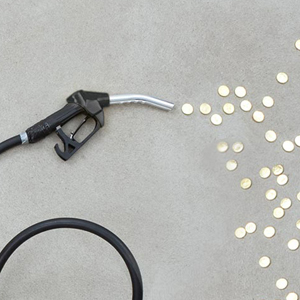
Determining Petrol Price
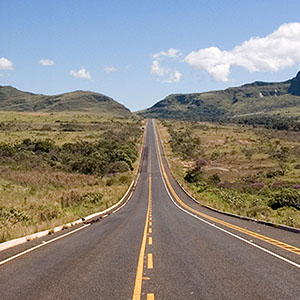
3 Long Distance Driving Tips to Keep You Sane on the Road
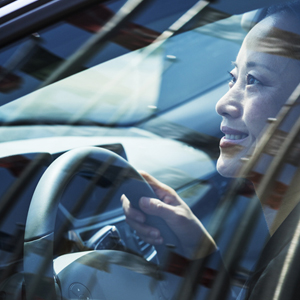
3 Tips New Drivers Must Know

3 Tips on Getting Lost and Loving It
NEED MORE ASSISTANCE?
Begin your journey towards world class products and services with Caltex.





